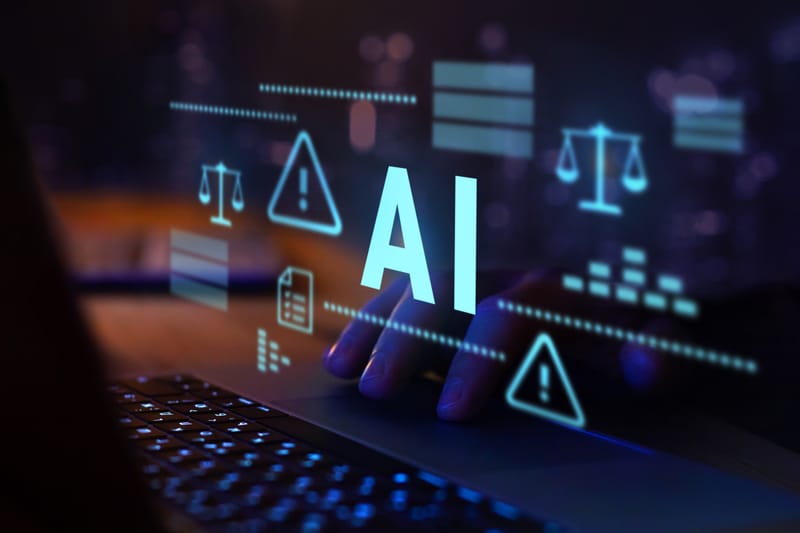How AI is Deciphering Ancient Texts and Transforming Our Understanding of History

January 04, 2025
From analyzing charred Roman scrolls to deciphering crumbling cuneiform tablets, artificial intelligence (AI) is offering researchers unprecedented insights into ancient civilizations. Projects like the "Fragmentarium," which digitizes tens of thousands of cuneiform tablets—including astronomical texts—are reshaping our understanding of history.
In October 2023, Federica Nicolardi, a papyrologist at the University of Naples, received an email that changed her career. Attached was an image of a fragment from a papyrus scroll, charred in the eruption of Mount Vesuvius in AD 79. These scrolls, found in the ruins of a luxurious Roman villa in Herculaneum, had been largely inaccessible due to their fragile, carbonized state. Centuries of attempts to unravel them left many irreparably damaged.
Nicolardi had joined a groundbreaking initiative, the Vesuvius Challenge, which leverages AI to read these "unreadable" texts. The image revealed neat Greek lettering glowing against the dark papyrus—a clear, legible script spanning multiple columns.
This is just one example of how neural networks are revolutionizing archaeology. From Greek and Latin classics to China’s Oracle Bone Script—ancient divination records etched on bone—AI is decoding archives too vast for manual study, reconstructing lost languages, and filling in missing fragments. By unlocking texts long thought beyond reach, AI is not just uncovering history but reshaping it, revealing stories that have been silent for millennia.
SOURCE: https://www.nature.com/articles/d41586-024-04161-z
CREDITS: NATURE JOURNALS